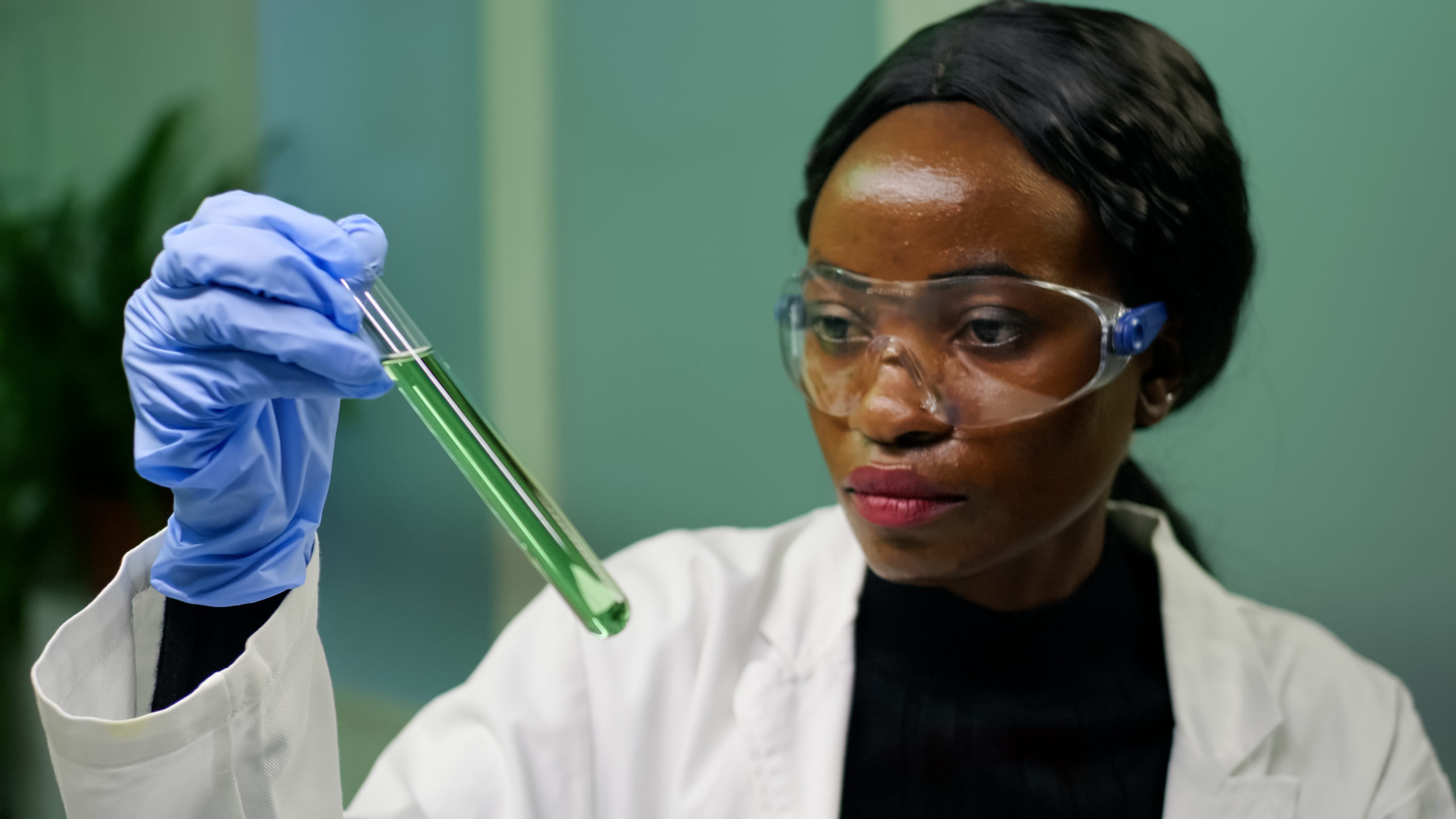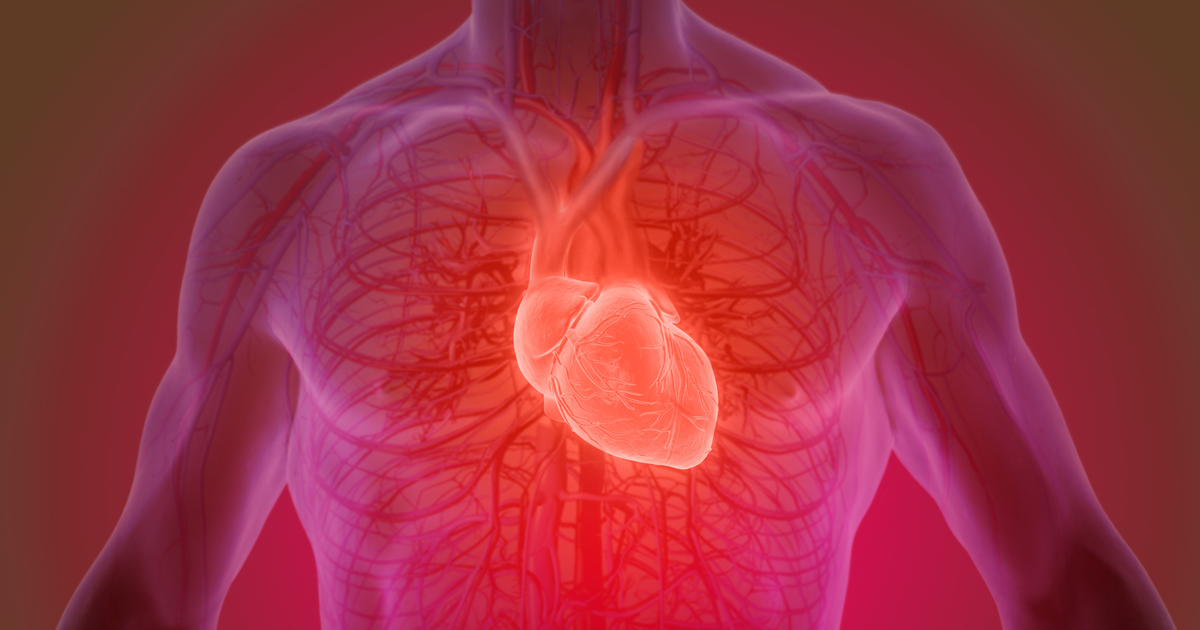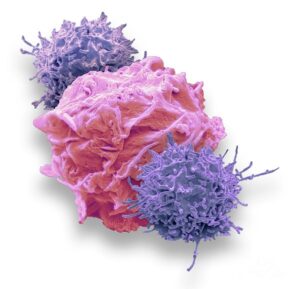
Biomarkers, or biological markers, are molecules found in body tissues and fluids, including tissue and blood. Cancer biomarkers provide important information about the patient’s tumor. Biomarker terminology varies but it may also be called biomarker testing or tumor testing. Biomarkers are usually a protein or antibody that is released by the tumor, or they may be the body’s response to the presence of cancer, which shows up like a gene mutation. There are a number of biomarkers used by clinicians today and more are being studied.
When a clinician orders a biomarker study, they are looking to answer important questions about the patient’s disease that may include:
- How aggressive is this cancer?
- Prognostic biomarkers tell us about the estimated course, or progression, the cancer will take if it is not treated. These markers help to identify how well organized the cell is, or if it is not functioning at all.
- What is the best drug to use to treat this cancer?
- Predictive biomarkers are ordered to identify the best available treatment because they may preduct whether or not the cancer will respond to a specific treatment.
- Will this cancer recur, or when will it come back?
- Recurrence biomarkers may be used to monitor the presence of a cancer or whether it has recurred after initially responding to treatment.
- What type of cancer does the patient have?
- Diagnostic biomarkers aid in identifying the type of cancer a specific patient may have.
- What is the correct dose of drugs needed to treat an individual patient?
- Pharmacodynamic biomarkers are useful to determine the dose, usually chemotherapy, that will be given to the patient.
As you can see above, biomarker testing helps the clinician identify critical information needed to develop and deliver an effective plan of treatment. Testing should happen as close to the diagnosis as possible and before a treatment plan is launched.
Discussion of biomarker results or as a predictor for treatment or recurrence is included in multidisciplinary cancer conferences (aka tumor boards) and physician-to-patient discussions. Cancer Registrars gather biomarkers and include relevant values and their types in the cancer case abstract that is used for clinical research, quality studies and comparative analysis.
(Source: Biomarkers and Biomarker Testing, Fight Colorectal Cancer, Springfield, MO.)



